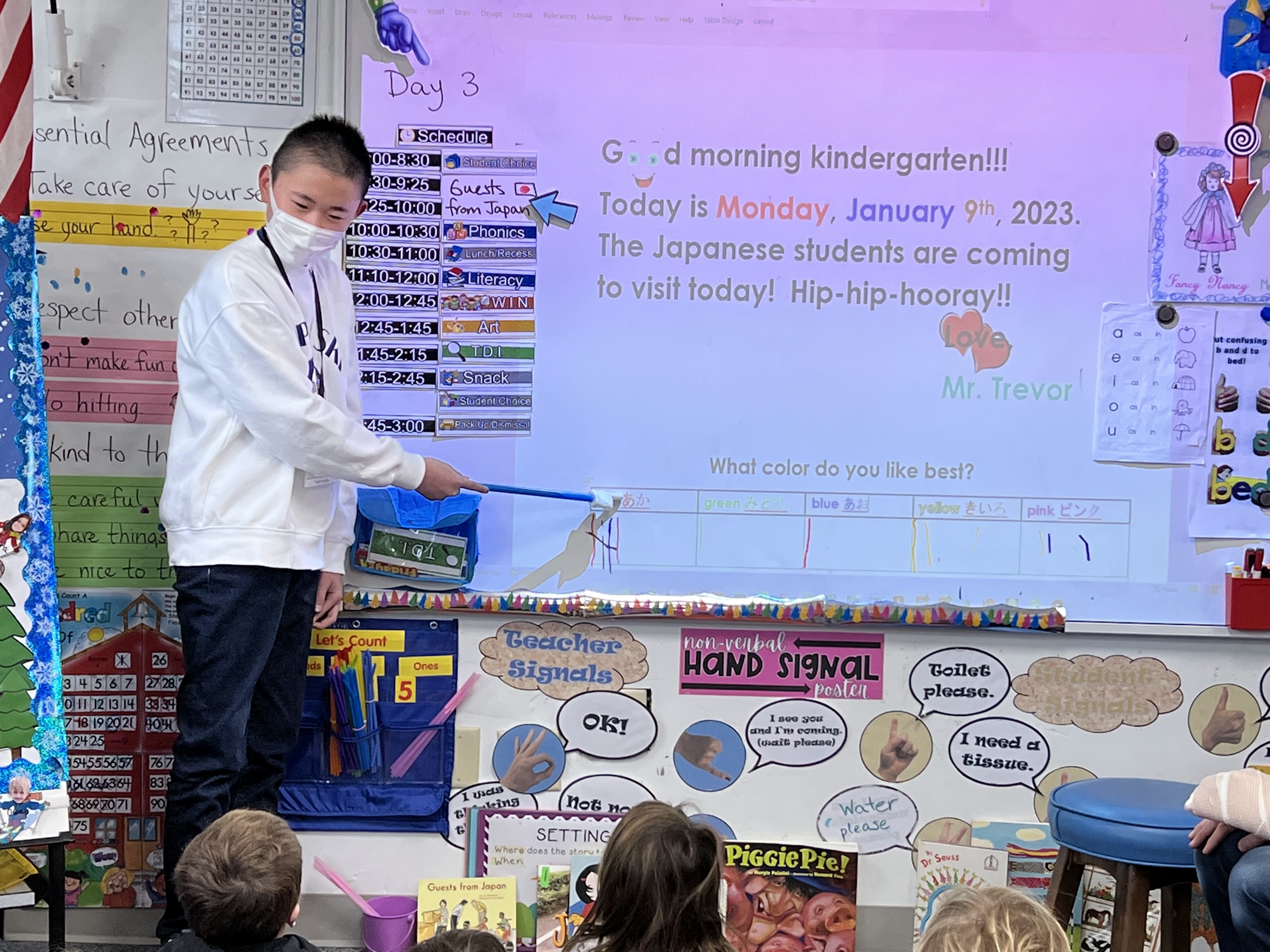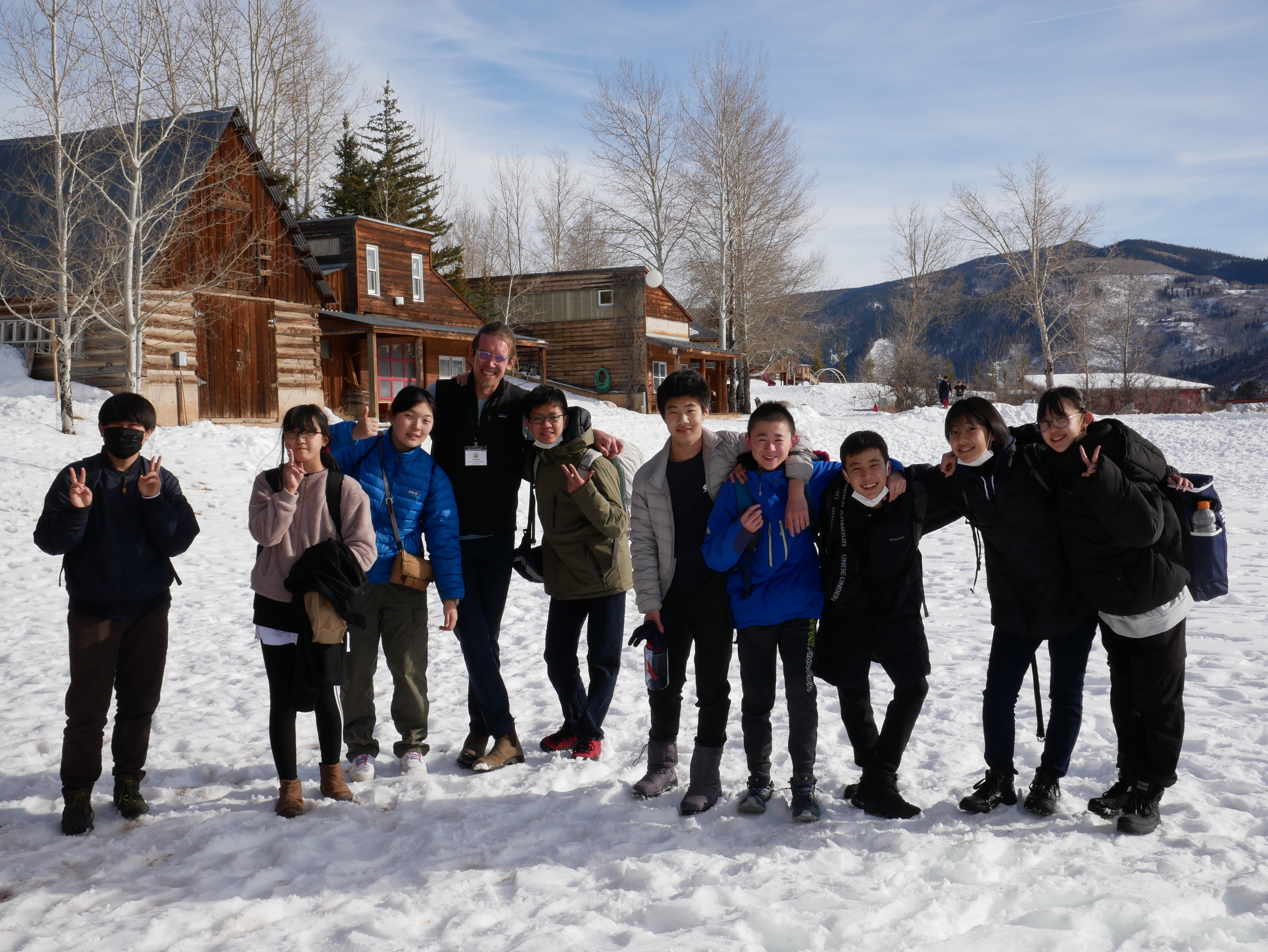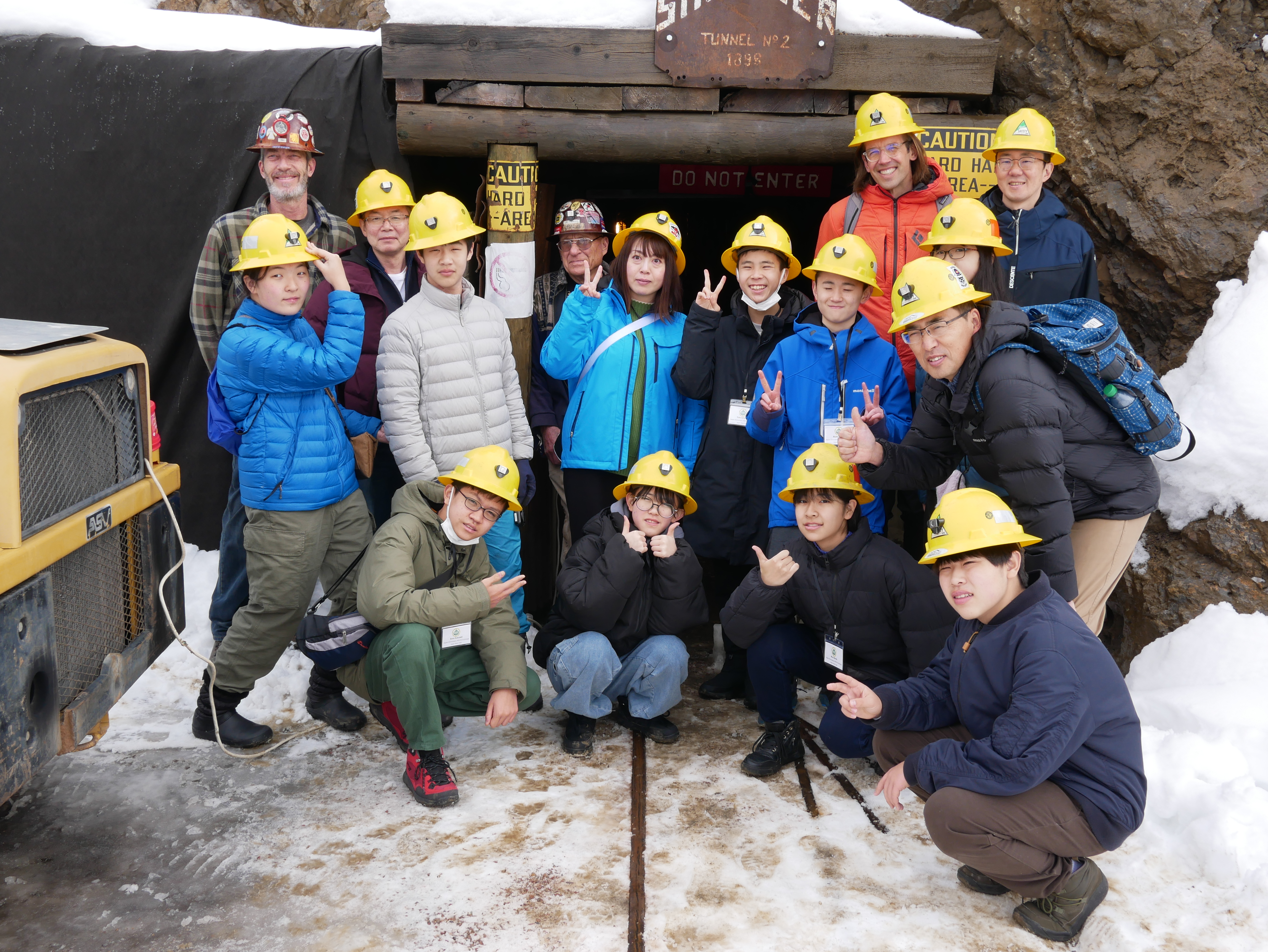The U.S. is uncomfortably stimulating.
The U.S. is loud and unruly.
The U.S. is foreign.
Nine 8th graders from Shimukappu, Japan traveled to Aspen for ten days at the beginning of January. Ideally, I would have been more aware of these three possible experiences of theirs before we left rural Hokkaido. However, I can only make these statements after witnessing my students’ blank stares and bewilderment during our visit. I wasn’t prepared for how far the U.S. and the Roaring Fork Valley would catapult them out of their “comfort zone.”
For perspective, our students experienced a surprising amount of discomfort before we even left the airport. We hadn’t been in the U.S. for more than thirty minutes when TSA officers were gruffly commanding them:
“Get moving.”
“Empty your pockets.”
“Shoes belong on the conveyor belt!”
I sympathize with the officers. They work long shifts shepherding countless stressed and sometimes disrespectful travelers through their machines. Unfortunately, that doesn’t do anything to soften the effect of their harsh tone and incomprehensible words on a Japanese middle school student.
Teachers often discuss how to move students beyond their comfort zones. One’s comfort zone is an important place to recharge and set goals, but growth is maximized in the “stretch zone’’ where discomfort is the norm and failure is always around the corner. I thought traveling to the U.S. would solidly put my students in the growth zone, and it did much of the time. But, I didn’t realize how different the growth zone might look from my past students, and I didn’t anticipate how close to the “panic zone” our trip would take some of them. As the name suggests, the panic zone is the wrong place for learning. The skills required exceed what one has, and the result can be a loss of motivation and a fear of the experience.
It surprised me how much jet lag and acclimatizing affected the group. Throw in homesickness and a couple of sleepless nights, and my most enthusiastic English speakers did not remotely resemble who they were at home.
And then, our students started to settle into their routines. Meeting their daily needs felt less stressful and they could decompress and access something resembling their comfort zone. Granted, their comfort zone in Shimukappu includes parents and miso soup, while in Colorado they had surrogate parents and minestrone. So they were still in their growth zone, but I assumed that I would start to see their typically energetic selves appear. But they didn’t.
Memories jump out from the final day of our trip at the Aspen Community School in Woody Creek. The nine students stood in a row, with almost the entire group masked. They were reserved and unassuming in their introductions, milling amongst themselves on the playground and during lunch. I was perplexed, as were some of the elementary students who came up to me and asked what they could say to get the visiting students to play with them. I said, “They’re nervous” and to “speak more slowly.” But there was more to it.
I trust these students deeply. I know how conscientious they are. They were working their hardest to show respect and conduct themselves appropriately in this new environment. I believe that they’ve been mentored to spend more time watching and less time doing in a new environment.
My students’ actions challenged me to place less importance on their use of English, their enthusiasm, and all the other cues that I anticipated would show me that this trip was benefiting them in the moment. Part of the magic of my trip was doing a better job of honoring their internal process.
Keep in mind, there was an abundance of giggles and our visit was full of silliness and deepening friendships. I’m just a fan of uncomfortable growth, so that’s what I’ve focused on here. I know that this trip will have resounding effects long into the future for these students. The effects are theirs to savor and mine to glimpse. I find fulfillment in knowing they were challenged in their stretch zone for ten beautiful days in the Roaring Fork Valley.
Timbah Bell is an English teacher in Shimukappu, Japan, where he works as part of a longstanding partnership with Aspen Sister Cities. You can find this column read aloud and photos from his adventure so far on Instagram @beauty_noted; email him at timbah.bell@gmail.com.








Comments are closed.